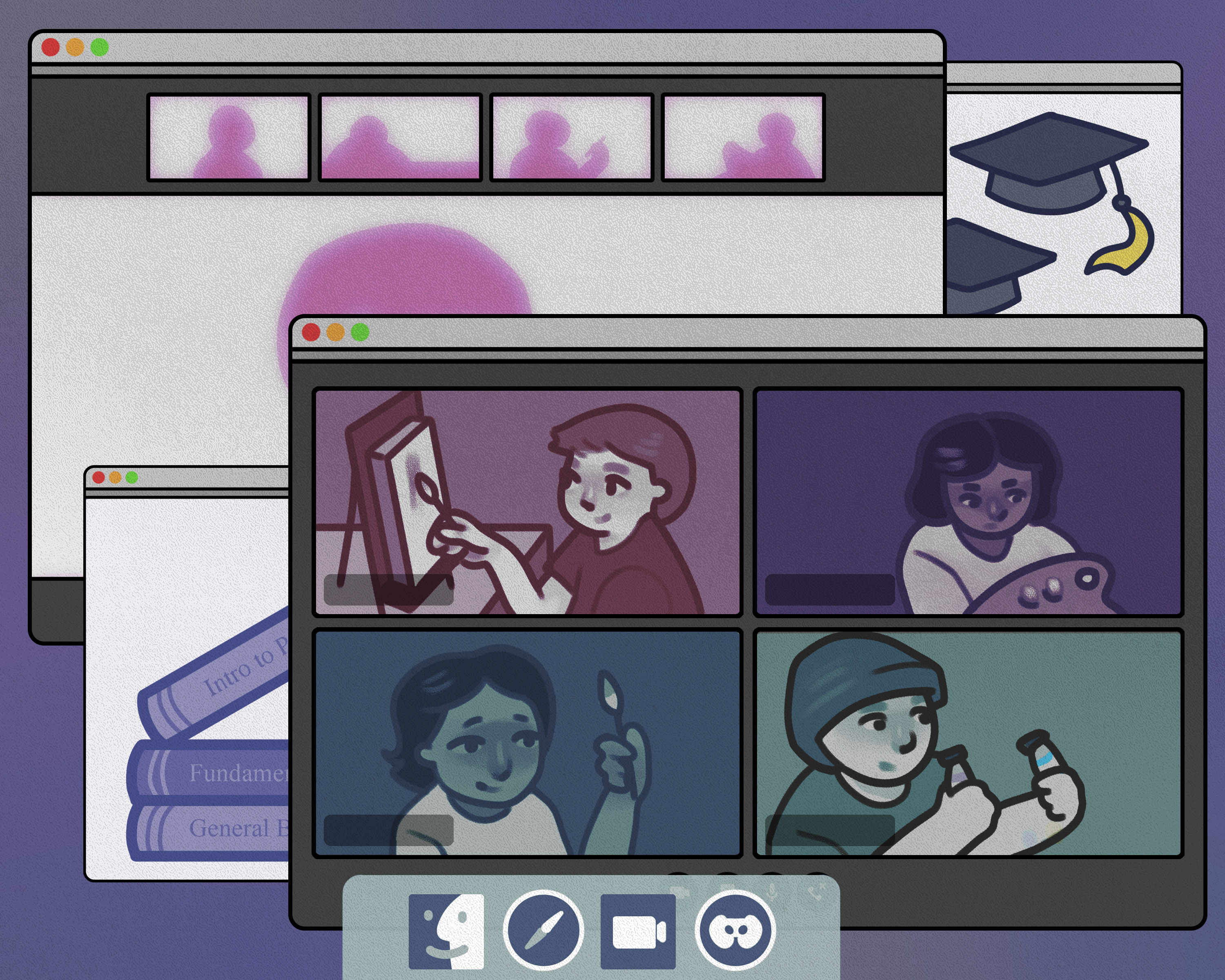Towards the end of the film Pirates of Silicon Valley — the mostly excellent, if quirky, nineties equivalent of The Social Network about Microsoft and Apple — Steve Jobs and Bill Gates get into a shouting match about who stole what from whom. During the argument, Gates refers to Xerox, which was a leader in the computing industry prior to mid-eighties, as a rich neighbour that they had both ripped off.
The scene is probably fictional, but it’s ironic that both men in real life founded companies that have spent vast resources to prevent just that from happening — rivals wandering through their back doors and making off with valuable intellectual property.
Such protectionism was the MO of the tech industry until one company came along about a decade ago and did its damnedest to change all that — Google. “Don’t be evil” is its motto, and on the whole the California-based firm has done a pretty decent job of following through, focusing on making as much information available to as many people as possible.
Its latest offensive is an Internet television solution, Google TV. There’s been a hiccup in the month since the product launched, though — ABC, NBC, CBS, Fox and streaming site Hulu.com have all blocked their content from being viewed on Google’s service. Admittedly, there are still plenty of channels out there, but it’s a very public blow for the search giant. It also hints at two trends in the tech industry that are rapidly becoming apparent.
One is that so-called traditional media companies — television networks, for our purposes here — are falling way behind the curve. Sure, most people still have little more than a cable box hooked up to their screens, but with Google TV, and similar offerings from Apple, Microsoft and D-Link either on or about to hit the market, that picture will soon change. And televisions aside, the volume of media consumed over the Internet, whether via computers, smartphones or other devices, has ballooned over the past five years, and this growth shows no signs of abating.
In spite of these developments, the traditional media have had a tough time bending, and the prime culprit is their revenue models. The big networks live and die by ad profits, which they receive substantially less of from their Internet offerings. Hence the hostility towards products like Google TV, which assault the television companies’ home turf — couch-based viewing. Once every middle-class living room is invaded by an oversized computer, it’ll be all over but the crying. The networks know that and are fighting tooth and nail to slow the process down.
It’s an understandable, if annoying and short-sighted position. The television industry has good reason to worry, with the cost of producing primetime shows skyrocketing amidst competition from high-end subscription outfits like HBO. If new and fruitful revenue streams aren’t found, viewers might soon start to notice — if they haven’t already — a serious decline in both the quality and innovation of programming on many channels. Like it or not, the shows that we love cost money, which has to come from somewhere, and us viewers — not just the big bad corporations — stand to lose if the current state of affairs continues.
The other trend, more subtle in character, is a growing realization that the drive by companies like Google to bring content to everyone has a limit beyond which the results ultimately become detrimental to end users. It will be a tough pill to swallow for a company that prides itself on fighting for the little guy, but Google needs to turn its frown upside down and define that line itself. Equally important, it needs to stop making an end run around other, supposedly “evil,” corporations and acknowledge that this is a problem best solved by broad collaboration.
Perhaps Google could leverage its monstrous core business — advertising — to better support the transition of broadcast media to the web. Or, with its multi-billion dollar balance sheets, the search giant could actually pony up the cash for a few shows. One way or another, the networks will be far less combative if Google extends an open hand, instead of a pointed finger, and at this point they are simply too big to make a fight worthwhile for anybody.
This admittedly isn’t the most urgent issue, but it’s a growing one that needs to be addressed. Free content isn’t a disaster yet because our grandparents can’t find the remote, our parents still buy from IBM and both probably think that a phone with something called “Android” will try to kill them in their sleep. But there will come a day — perhaps still a couple of decades away — when the bulk of people around the world will utilize the Internet for just about all the content they consume.
The medium will have changed, but the demand from us, the viewers, for high-quality entertainment and art won’t. Sometime in between now and then, the media companies and Internet companies are going to have to reach a détente, and the sooner that happens, the better for all.
Greg Sacks is a first year law student at Robson Hall who genuinely believes that there ain’t no party like an S-Club party. Anywhere.




